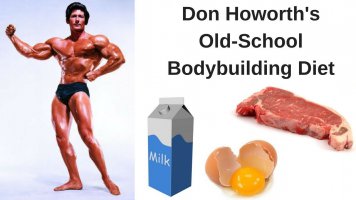BestSinceDAYONE
Member
- Joined
- Apr 25, 2018
- Messages
- 495
Why does blood sugar rise to unhealthy levels on low carb / carnivore diets.
I recently came off of a low carb style diet. And my blood sugar was 99 mg/dL, all my other labs were fine, even cholesterol. I think h1bac was like .1 over the limit.
I recently came off of a low carb style diet. And my blood sugar was 99 mg/dL, all my other labs were fine, even cholesterol. I think h1bac was like .1 over the limit.

